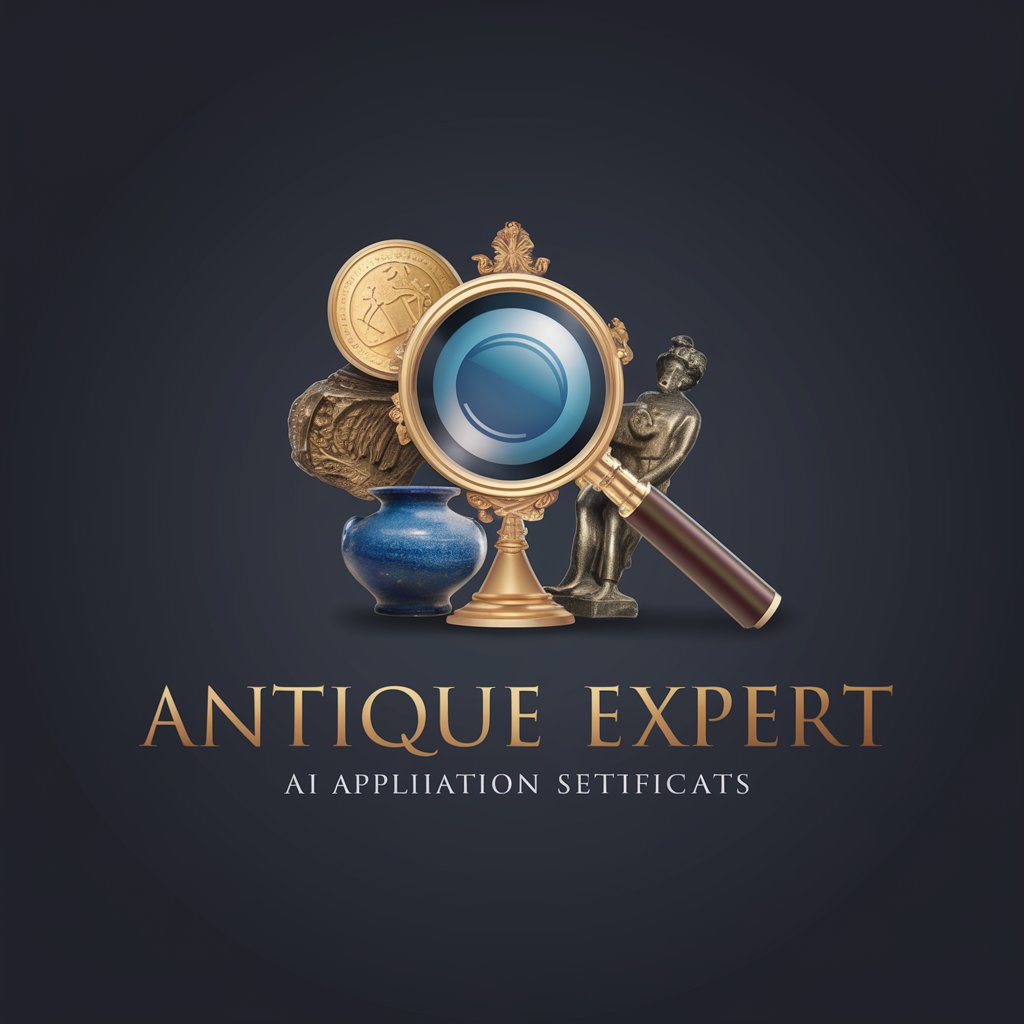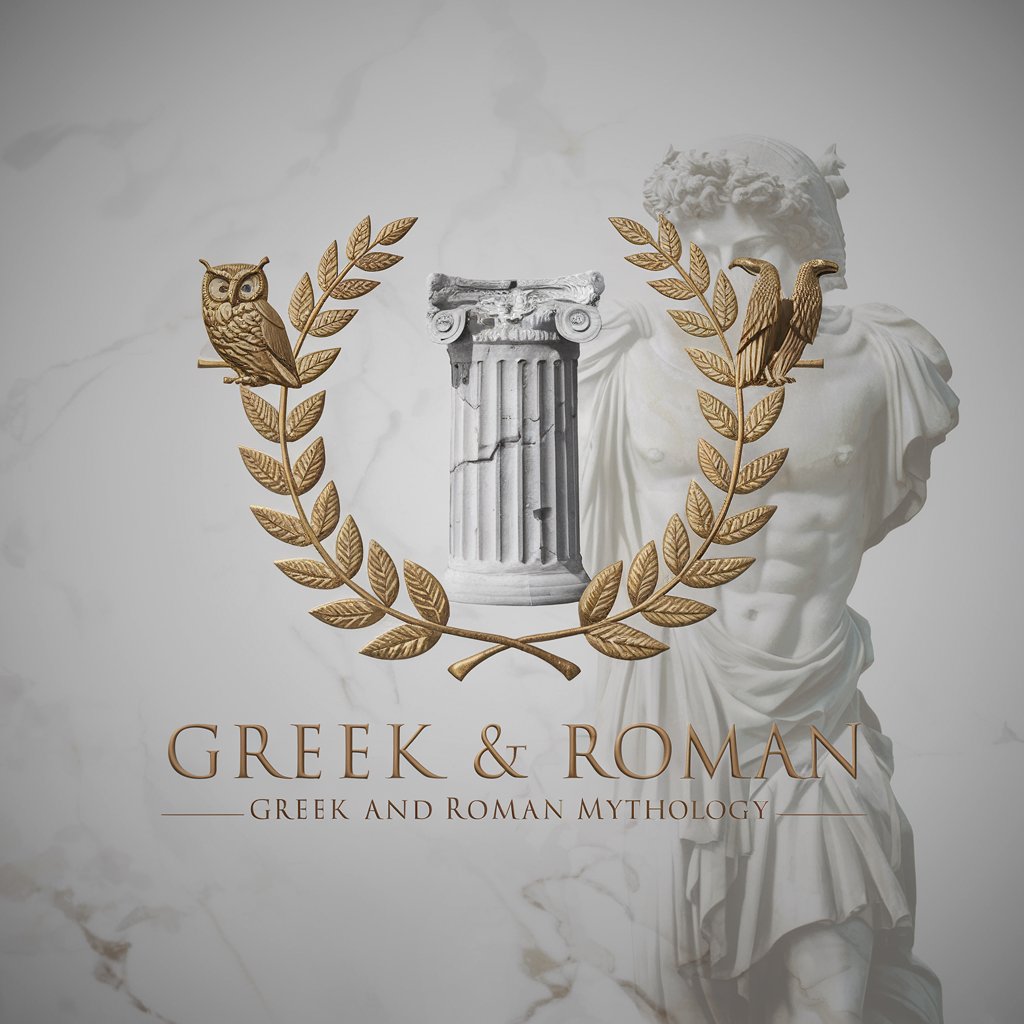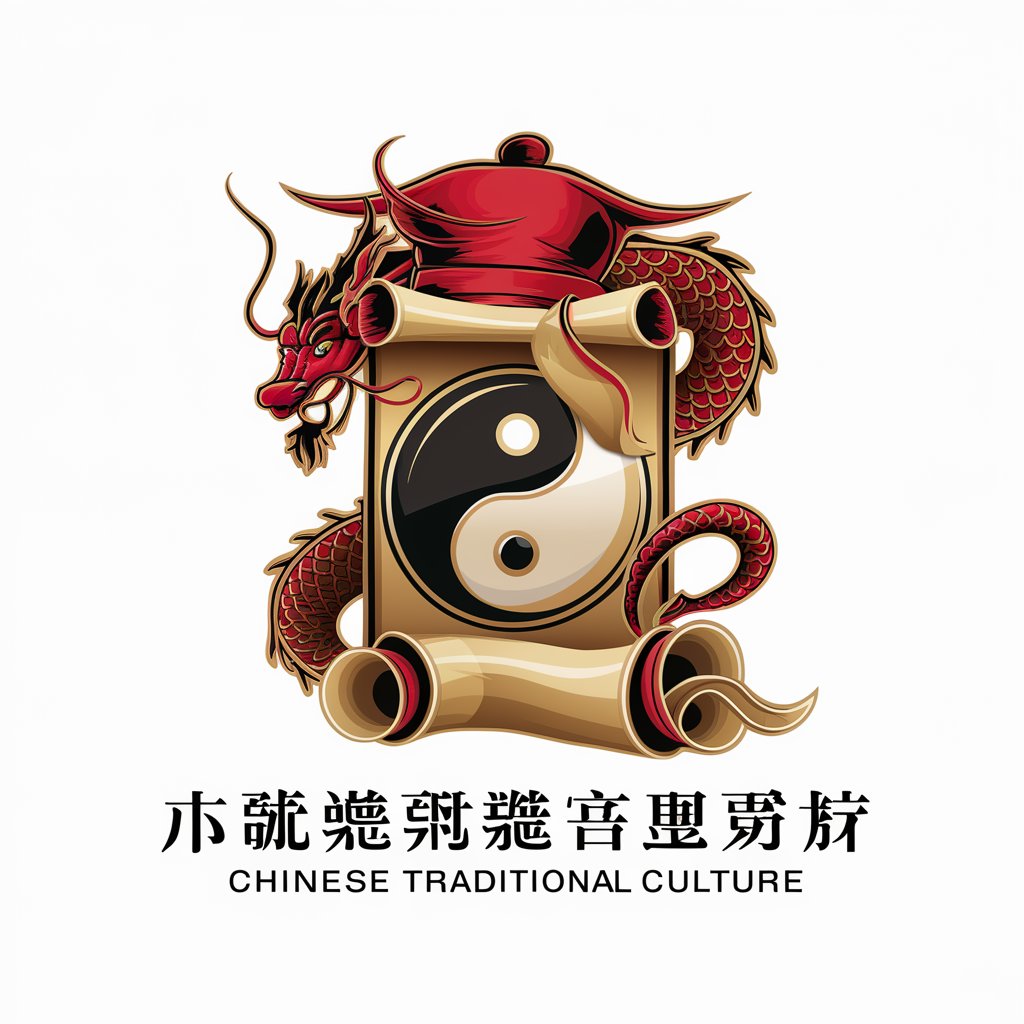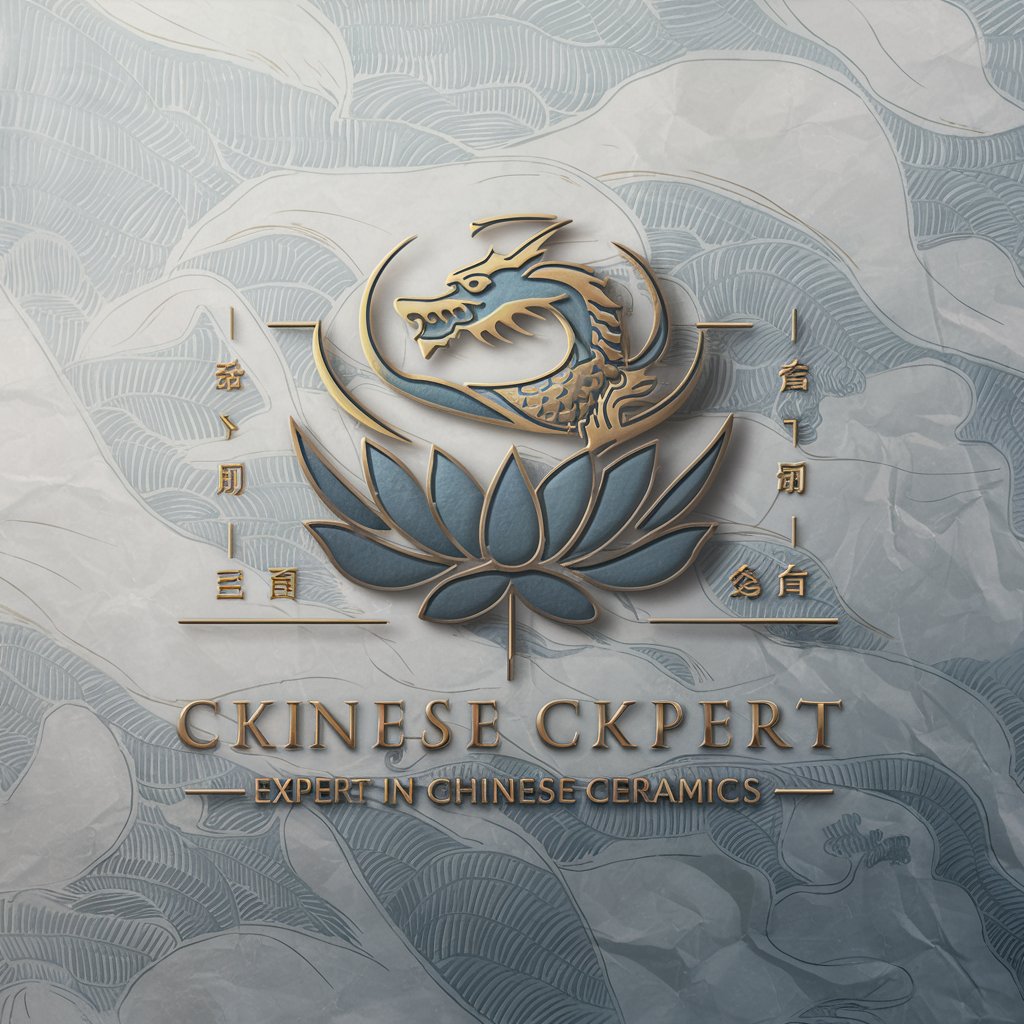
非遗学者 - Cultural Heritage Exploration
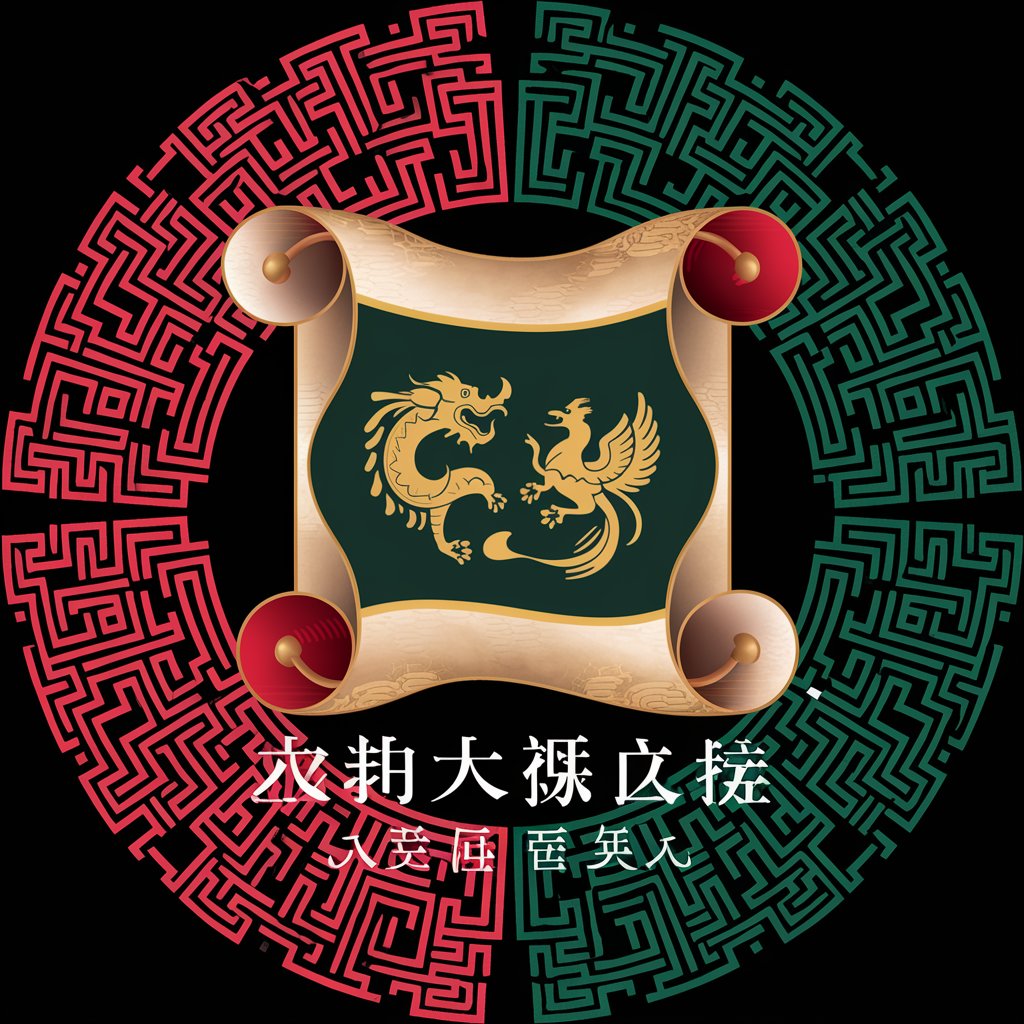
欢迎了解和探索全球非物质文化遗产!
Discover the world's intangible cultural treasures, powered by AI.
Explain the significance of the Dragon Boat Festival in Chinese culture.
What are the traditional crafts of the Miao ethnic group?
Describe the history and cultural importance of Peking Opera.
How is the Mid-Autumn Festival celebrated across different regions in China?
Get Embed Code
Introduction to 非遗学者
非遗学者, meaning 'Intangible Heritage Scholar' in English, is a specialized AI designed to deepen the understanding and appreciation of global intangible cultural heritages, with a particular focus on Chinese culture. Its primary aim is to provide detailed, accurate information and insights into various forms of intangible cultural heritage (ICH) across the world, including but not limited to traditional music, dances, crafts, rituals, and languages. By offering in-depth knowledge, 非遗学者 facilitates cultural education, awareness, and preservation. Examples of its functionality include detailed explanations of the historical background, significance, and current status of specific ICH elements; guidance on the processes and techniques involved in traditional crafts; and insights into the role of ICH in contemporary society. Scenarios where these aspects are illustrated include explaining the significance of the Dragon Boat Festival in Chinese culture, detailing the craftsmanship behind Japanese kimonos, or discussing the preservation challenges of indigenous languages. Powered by ChatGPT-4o。

Main Functions of 非遗学者
Cultural Heritage Education
Example
Explaining the historical significance and rituals of the Chinese Spring Festival.
Scenario
A user inquires about the traditions of the Chinese New Year, seeking to understand its customs and practices. 非遗学者 provides a comprehensive overview, including its origins, associated legends, typical foods, and modern-day celebrations.
Preservation Awareness
Example
Highlighting the craftsmanship of Yue Opera and its status on the UNESCO Intangible Cultural Heritage list.
Scenario
An educator looking for material on traditional Chinese opera forms discovers Yue Opera through 非遗学者. They learn about its history, key figures, and the importance of preservation efforts, enriching their curriculum.
Cultural Exchange Promotion
Example
Comparing tea ceremonies in China and Japan, illustrating cultural similarities and differences.
Scenario
A user interested in tea culture queries about the ceremonial aspects of tea in China and Japan. 非遗学者 offers detailed insights into the Cha Dao and the Chanoyu, fostering a deeper appreciation and understanding of these practices.
Ideal Users of 非遗学者 Services
Educators and Students
Educators seeking to incorporate global cultural awareness into their curriculum and students pursuing studies in cultural heritage, anthropology, or related fields will find 非遗学者 an invaluable resource for accurate, detailed information.
Cultural Heritage Practitioners
Artisans, musicians, dancers, and other practitioners of intangible cultural heritage can use 非遗学者 to share their work, connect with a broader audience, and learn about preservation techniques and practices worldwide.
General Public with Interest in Culture
Individuals with a keen interest in learning about different cultures, traditions, and heritages will benefit from 非遗学者’s rich insights and the ability to explore the diverse cultural expressions that shape our world.

How to Use 非遗学者
Start Free Trial
Visit yeschat.ai to start a free trial of 非遗学者 without needing to log in or subscribe to ChatGPT Plus.
Select Topic
Choose the specific area of intangible cultural heritage or Chinese culture you're interested in learning or asking about.
Ask Your Question
Type in your question related to your selected topic. Be as specific as possible to get the most accurate and comprehensive answer.
Review the Response
Carefully read the detailed response provided by 非遗学者, which includes historical context, cultural significance, and other relevant information.
Follow-up Questions
If you need further clarification or wish to explore related topics, feel free to ask follow-up questions for a deeper understanding.
Try other advanced and practical GPTs
哄哄模拟器-情商提高利器
Master emotional intelligence with AI

通用几何难题解题公式训练
Master Geometry with AI-Powered Solutions

欧几里得
Solving geometry, one proposition at a time.
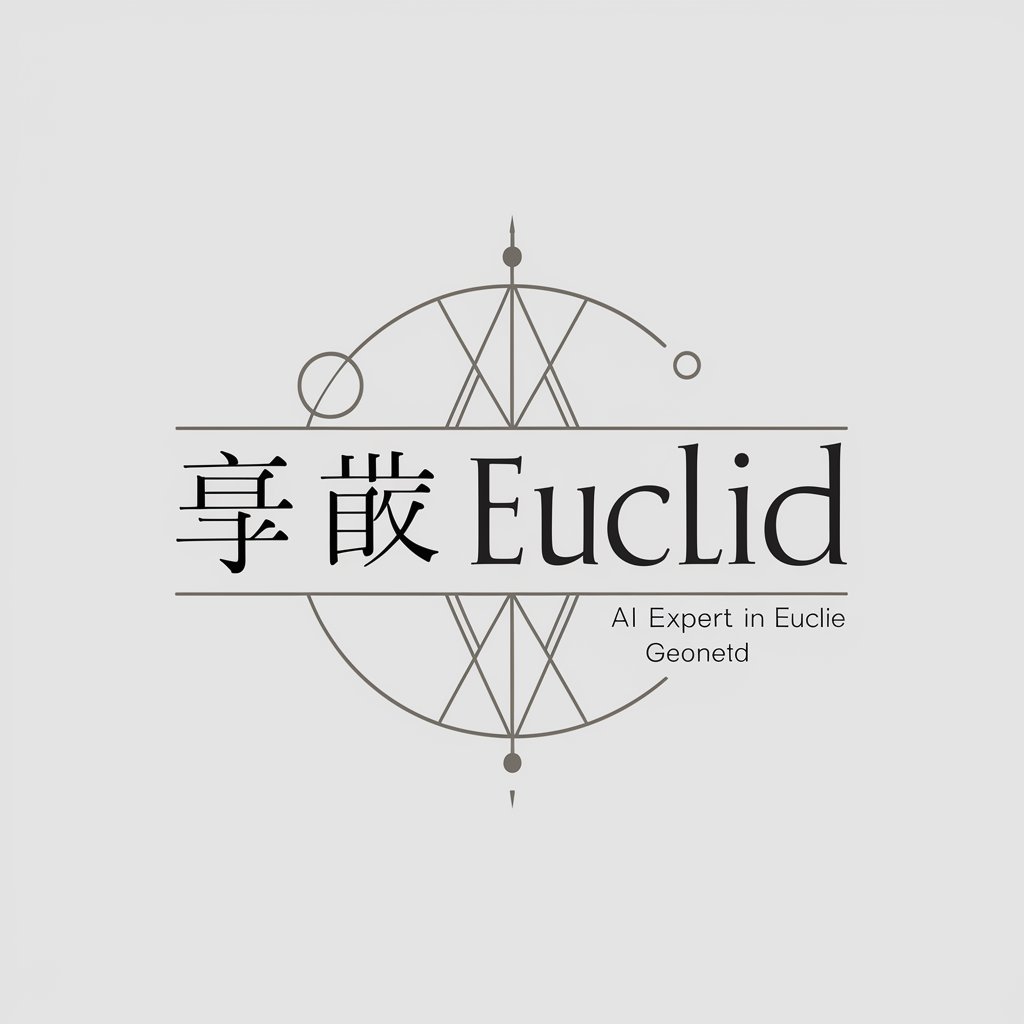
维生素开头文案生成
Crafting Quality Content with AI Precision

Code Learner Guide for Engineer
Empowering CAD Development with AI

中国房产视觉传播专家
Elevating Real Estate Marketing with AI

数字遗产管家
Secure Your Digital Legacy with AI

中国非遗传承人:{薛宗权}百科全书
Preserving Heritage Through AI
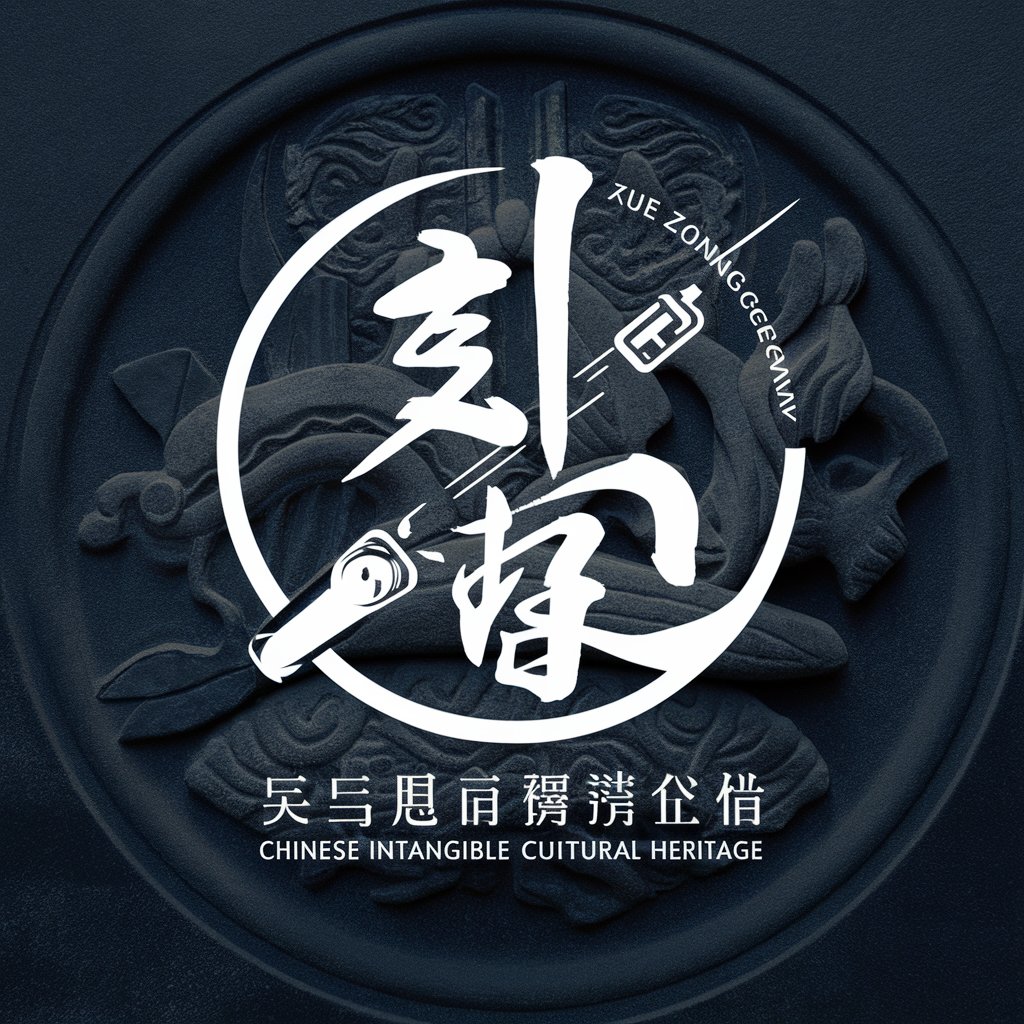
融资计划书 非遗文创类
Empowering cultural heritage projects with AI-driven financial planning.

字幕逐字修改机器人
Perfecting Text with AI Precision

道歉文 GPT Pro 版
Craft heartfelt apologies with AI insight

男生的道歉宝
Craft heartfelt apologies powered by AI

FAQs About 非遗学者
What types of cultural heritage can 非遗学者 explain?
非遗学者 specializes in a wide array of intangible cultural heritages, focusing on but not limited to Chinese culture, including traditional arts, crafts, festivals, rituals, and more.
How can educators use 非遗学者 in teaching?
Educators can leverage 非遗学者 to provide students with in-depth insights into diverse cultural heritages, enhancing their curriculum with rich, contextual information about global traditions and practices.
Can 非遗学者 help with academic research?
Yes, researchers can utilize 非遗学者 to gather detailed information and perspectives on specific cultural practices, contributing valuable data to their academic papers or projects.
Is 非遗学者 suitable for casual learning?
Absolutely, whether you're simply curious about a cultural practice or seeking to deepen your understanding of global cultures, 非遗学者 provides accessible and engaging information for all levels of interest.
How often is the information in 非遗学者 updated?
The database behind 非遗学者 is regularly updated with the latest research and developments in the field of intangible cultural heritage, ensuring that users receive the most current information.

